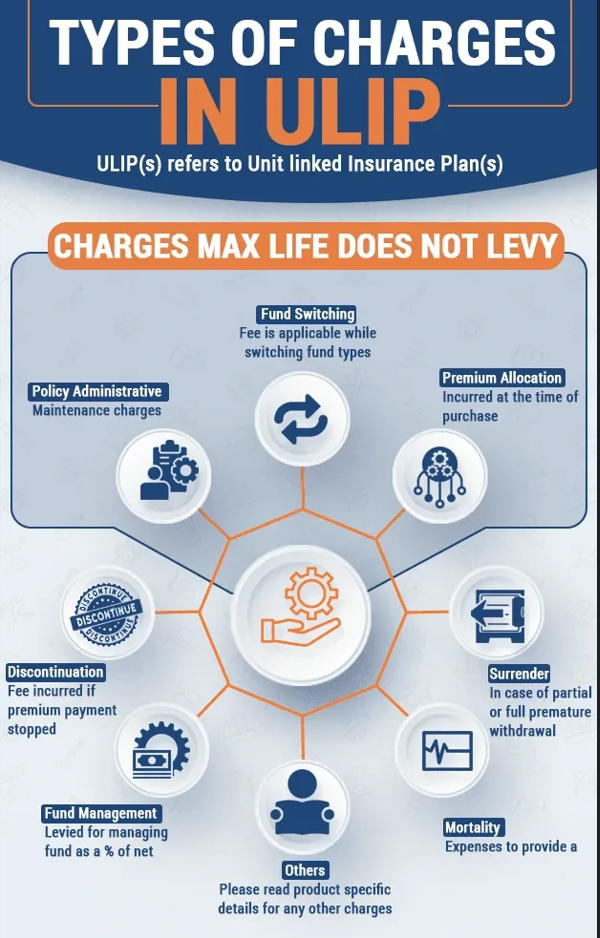How GST - Goods and Services Tax - will
impact your monthly budget..?
by Ms. Saloni Roy,
Deloitte Haskins and Sells LLP
The goods and services
tax (GST) has brought a plethora of taxes such as service tax, VAT, excise
duty, entry tax under one single tax net.
The question in almost
every consumer’s mind is what will be the impact of GST on his day-to-day life.
1. Food items..!
Starting with everyday
food items, products such as milk, cereals, fruits, breads, vegetables and the
like will not be attracting GST. Packaged food items (such as cuppa noodles,
instant rajma chawal) would become marginally cheaper in the GST regime, while
dry fruits (except cashews and raisins), dates and the like are comparatively
expensive with 12% GST from the currently tax rate of 5% to 6%.'
Chocolates and glucose
biscuits, too, will be taxable at a slightly higher rate under GST whereas
premium biscuits should be marginally cheaper.
2. Apparels, footwear,
gold..!
Moving to other
essential items, apparels valued below Rs 1,000 will be taxable at 5% GST
whereas, those above Rs. 1,000 will be taxable at 12%.
Similarly, footwear
costing below Rs. 500 would become relatively cheaper attracting 5% tax and
those above would attract 18%, making them dearer.
On the downside,
consumers buying gold jewellery might have to shell out slightly more with the
rates going up marginally.
Stepping further towards
luxury items, cars are about to get cheaper by at least 3% with the exception
of hybrid cars that could become expensive. Mobile phones would also become
more economical henceforth.
3. Housing sector..!
The housing sector is
another area where everyone is waiting to see the impact of GST. With a
comparatively more efficient tax structure in the GST regime, it is expected
that real estate prices will come down.
Therefore, all those in
a fix about the higher rate to be suffered in their next instalment may take a
breather as builders charging higher tax could be scrutinised.
Ready to move in
flats/ buildings will not attract any GST, similar to the current regime.
4. Higher education...!
Tax on higher education
cannot escape discussion as more than half of the billion-plus population of
our country is the youth. The government has retained the exemption of tax on
services rendered by an educational institution.
However, for services
received by an educational institution beyond the higher secondary level, there
would be a marginal increase in the cost of services.
The reason for this is
that services rendered to such institution are exigible to GST and the same can
not be set off against the exempt output tax liability, viz. education service
to students and hence, this precludes them from taking the credit on services
such as security services, transportation facility and the like, adding to the
cost of service, eventually to be borne by the students.
5. Entertainment, eating
out..!
Moving on to
entertainment, all those inclined to visit restaurants and cinema halls can
heave a sigh of relief as the effective rate would fall by minimum 2-3% in both
the cases.
Some of the areas where
the commonly used services are about to increase only marginally are beautician
services, banking and financial services (such as insurance) and telecom bills.
What should also be
noted is that, what the consumers see is the final tax leviable. However, there
are various other taxes embedded which are not apparent on the invoice.
Therefore, with the
revamped tax structure, the overall impact has either been neutral or positive
in majority of the cases.
About the author..!
Ms.. Saloni Roy is senior
director, Deloitte Haskins and Sells LLP. Inputs from Anjana Verma, manager and
Amrit Sandhu, deputy manager, Deloitte Haskins and Sells LLP































